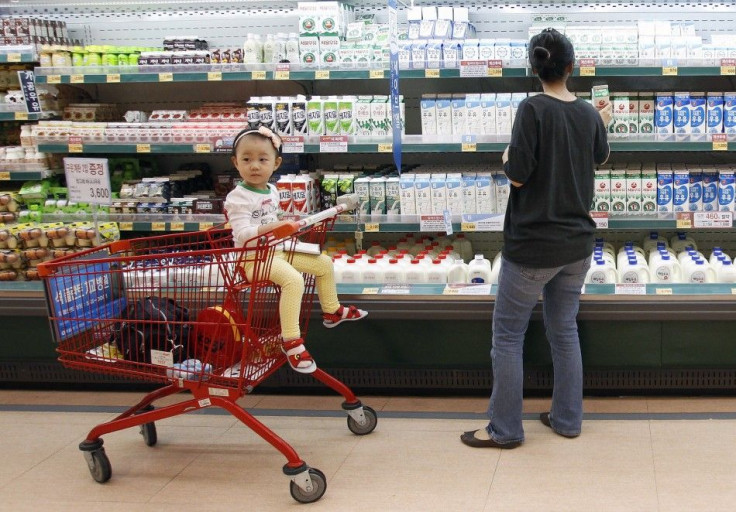Milk Doesn’t Prevent Bone Fractures, Study Shows

Most kids are brought up with the advice milk will give them strong bones, but research may have spoiled that popular idea. A study from researchers from Sweden’s Uppsala University published in the British Medical Journal found drinking more milk doesn’t save people from bone fractures, and may even lead to higher death rates.
“Our results may question the validity of recommendations to consume high amounts of milk to prevent fragility fractures,” the report authors wrote.
The research team, led by Professor Karl Michaelsson, studied 61,433 women and 45,339 men for an average of 20 years. They found drinking three glasses of milk every day didn’t change the odds for experiencing fractures. In fact, women who drank three glasses of milk per day had a higher risk of death than those who drank one or less. The pattern in men was similar.
Also, men and women who drank more milk than others had higher levels of oxidative stress, which has been associated with cancer and cardiovascular disease.
However, the same pattern didn’t present for other dairy products, which lack a sugar found specifically in milk called D-galactose.
“With fermented cheese the level of galactose is very low,” Michaelsson told the Washington Post. “Yogurt also has the probiotic effect of bacteria.”
However, it may not be time to quit drinking milk just yet. The study authors warn their conclusions should “be interpreted cautiously given the observational design of our study.”
In an editorial published a few days later, Mary Schooling, a professor at the City University of New York School of Public Health, echoed these warnings but emphasized the importance of studying the health benefits of drinking milk.
"As milk consumption may rise globally with economic development and increasing consumption of animal source foods, the role of milk and mortality needs to be established definitively now," she wrote.
Milk prices in the U.S. hit a record high this year, with the USDA predicting a boost in consumption as well. However, retail sales of dairy alternatives made from almonds, rice and coconut milk are worth roughly $1.4 billion, projected to reach $1.7 billion in 2016.
© Copyright IBTimes 2025. All rights reserved.





















